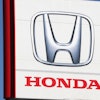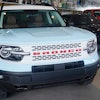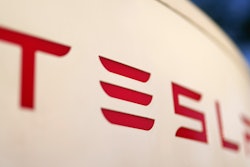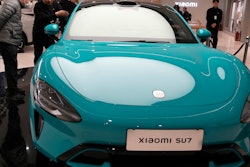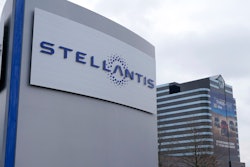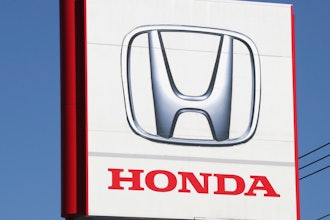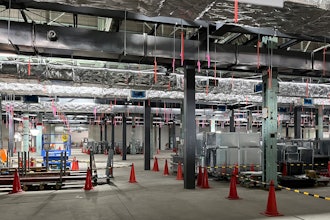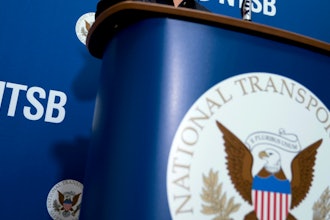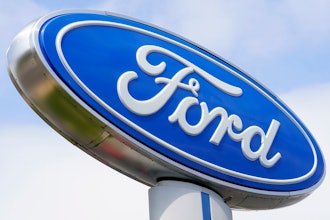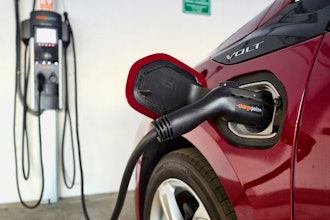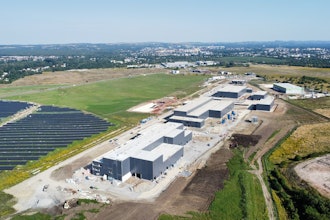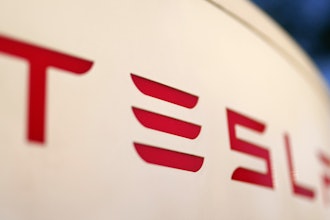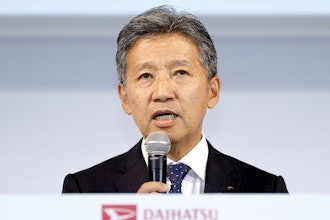Although Stella Chemifa Corp. has been around for more than 100 years, the Japanese company was never a major player in the U.S. market.
And then Tesla came along.
The company has six segments and is primarily focused on high-purity, semiconductor chemicals including etching agents, as well as fluoride and detergents. But it also sells a kind of lithium salt — lithium hexafluorophosphate — which is a key ingredient in batteries. This product has made the company a vital link in the supply chain for electric cars and has tied part of its fate to the success of customers like Toyota and Tesla.
According to a recent report in Bloomberg, after Tesla’s CEO, Elon Musk, announced that he plans to speed up the company’s goal of producing 500,000 electric cars a year, shares for Stella shot up more than 33 percent in four days.
That good news for Stella comes as electric cars become more popular around the world. In the U.S., sales for battery-powered cars have increased 49 percent in the first three months of 2017, compared to the same period last year. To look at it another way: There were fewer than 20,000 electric cars on the road in the U.S. in 2010 — last year, the number reached two million.
In fact, the company’s CEO, Aki Hashimoto, said that demand is currently outpacing the supply of lithium salts, but that Stella is “working really hard to meet the needs of [its] customers.”
The battery segment accounts for about 17 percent of Stella’s $268 million in yearly sales — but it ballooned by 70 percent last year.
The pressure to produce isn’t likely to let up anytime soon. To cut greenhouse gases, China is also aiming to have 7 million energy-efficient cars — including electric, hybrid and fuel cell cars — in circulation by 2025.
Batteries make up about 40 percent of the entire lithium market. But experts predict it will increase to more than 65 percent over the next 10 years. The lithium market has become so significant, Goldmen Sachs has called lithium “the new gasoline.”
As the market grows, a host of other chemical companies — particularly in China — are also chasing the action.
This influx of new companies on the market has depressed prices at times. Because of those dips, Hashimoto says Stella will continue to take a cautious approach to its own growth. So far, the company has resisted the urge to invest in new equipment and has instead entered a joint venture for factory capacity in China. That plant is expected to begin producing lithium salts this month.


